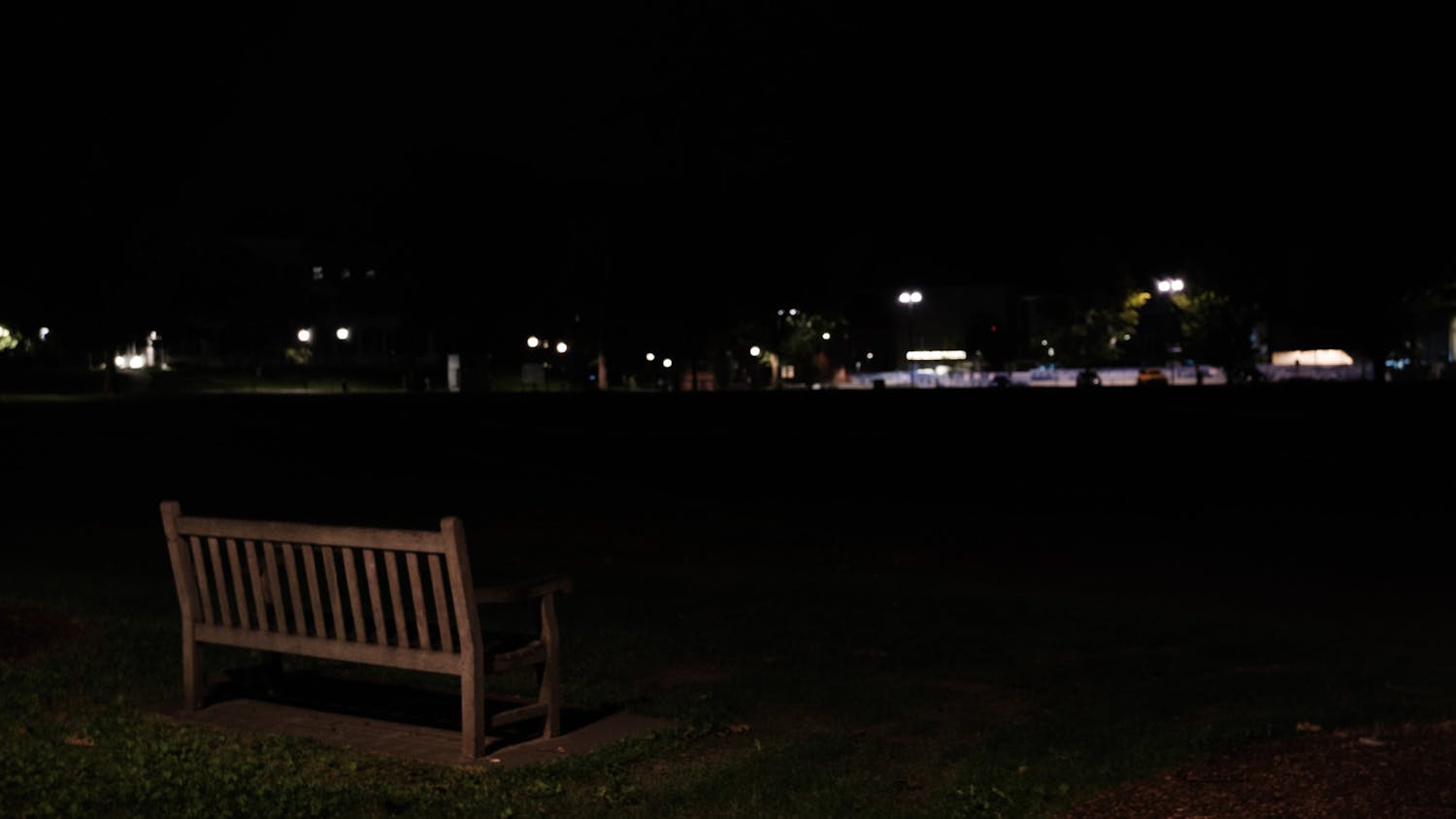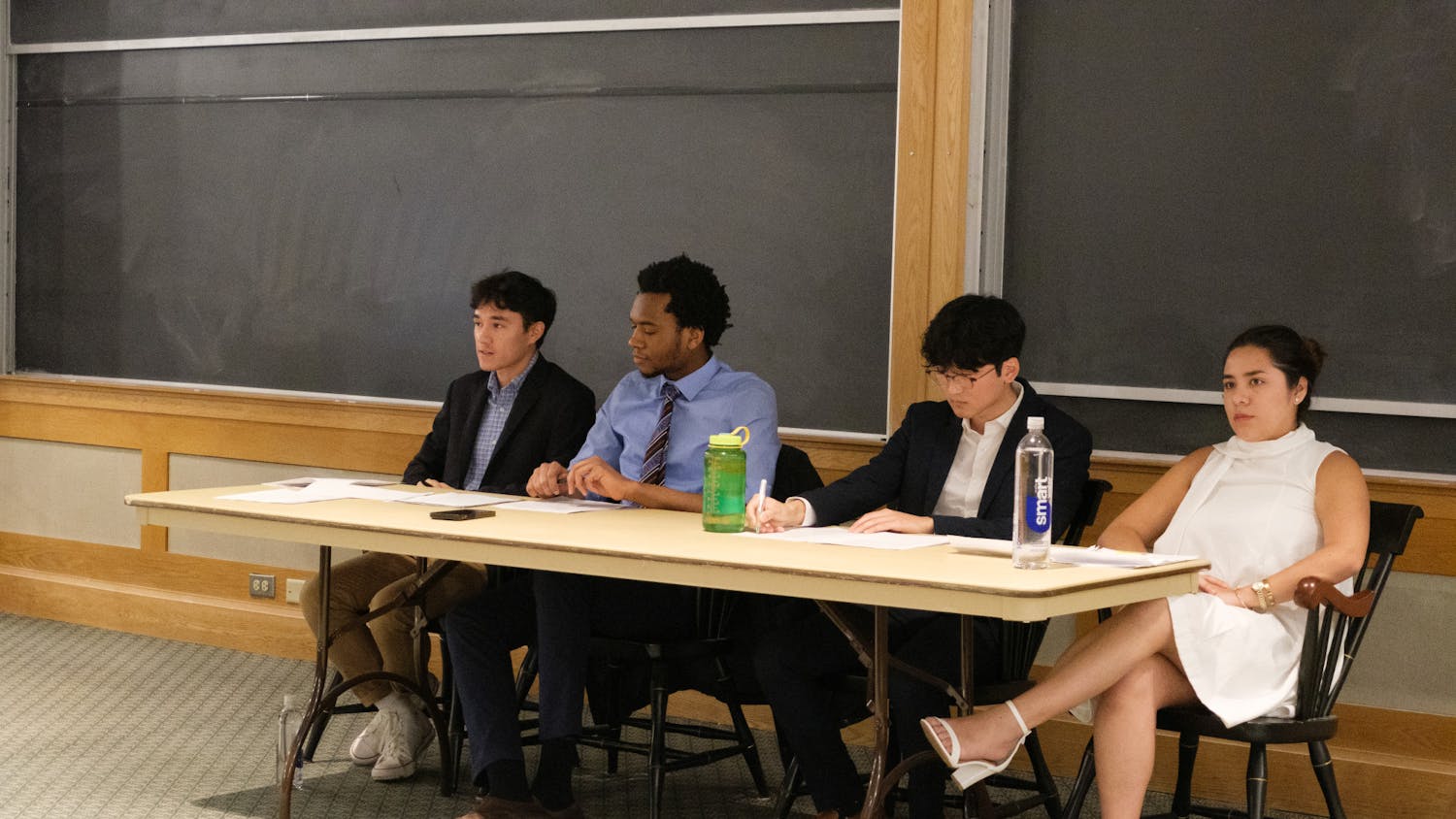Making her public debut as the Acting Director of the Rockefeller Center, Lynn Mather spoke to politically-oriented freshmen and others about the November election's impact on the judicial system.
In what was a particularly lively lecture for a Rockefeller Center event, Mather made the case that although the 2000 race will be a critical one in determining who will sit on the Supreme Court bench, the presidential contest is unlikely to focus on judicial nominations.
Much of last night's talk focused on why the presidential candidates have shied away from Supreme Court politics. Mather offered that the body's role in forming policy was too abstract for most voters to pick up on, and that television news dedicates little time to explaining what is an already an obscure process. Many audience members further described the American public as a generally aloof group.
Mather formally assumed her interim position as head of the Rockefeller Center two weeks ago, replacing Linda Fowler, who is on sabbatical for this year. Mather also teaches courses on law and public policy in the government department.
Her talk last night was part of freshmen orientation events, but was also attended by upperclassmen and a few other faculty.
In her speech, Mather emphasized the president's influence in Supreme Court nominations. Historically, only one fifth of nominees have been rejected by the Senate, she said.
"Presidential initiatives come and go," she said. "But the Supreme Court Justices long outlast the presidency."
At a time when the Supreme Court is so sharply divided on wedge issues, the next president will make a difference in cases related to abortion, gay rights, school prayer, affirmative action, gun control and federalism, Mather said.
Decisions in the last year on such issues have largely been determined by narrow 5-4 and 6-3 votes.
Federalism, in particular, has become a topic of increasing importance but diminished public attention, Mather said.
"Not since the New Deal has it been such a major issue for the Court," she explained. "You have a liberal block that is saying, yes, Congress does have this power, and you have a conservative block that is saying, no, it does not.
For reasons both strategic and personal, Mather said that neither Democratic nominee Al Gore nor Republican nominee George W. Bush have addressed Supreme Court turnover in their drives to win the White House.
"Federalism is a structural Constitutional issue, and what candidate is really going to talk about that?" she asked
Mather said that Bush would enjoy no political payoff in organizing around the judicial branch, especially if that meant dividing his party along the abortion issue.
And Gore, she said, faces a similar situation. While the conservative leaning Court has struck down such liberal initiatives as gay rights in the Boy Scouts, Affirmative Action, and gun regulations, she said that Gore would have little electoral benefit if he rehashed these decision.



